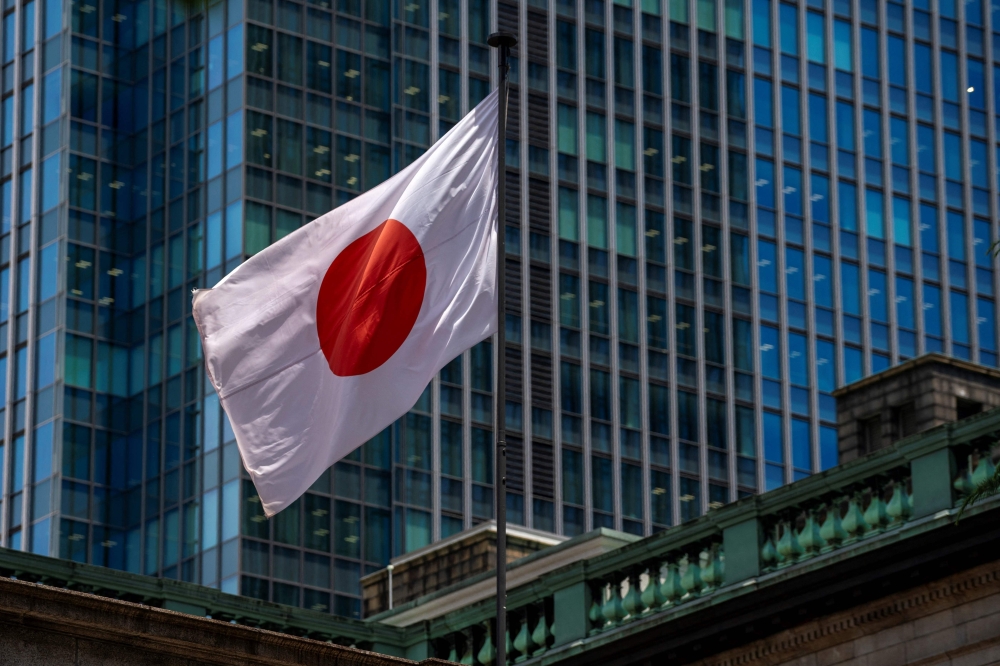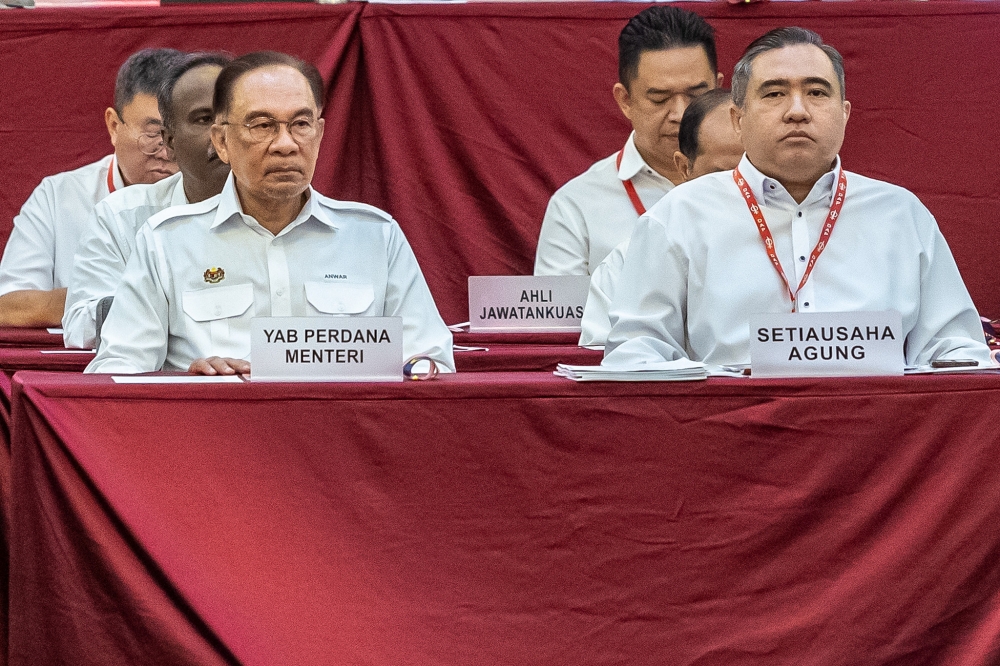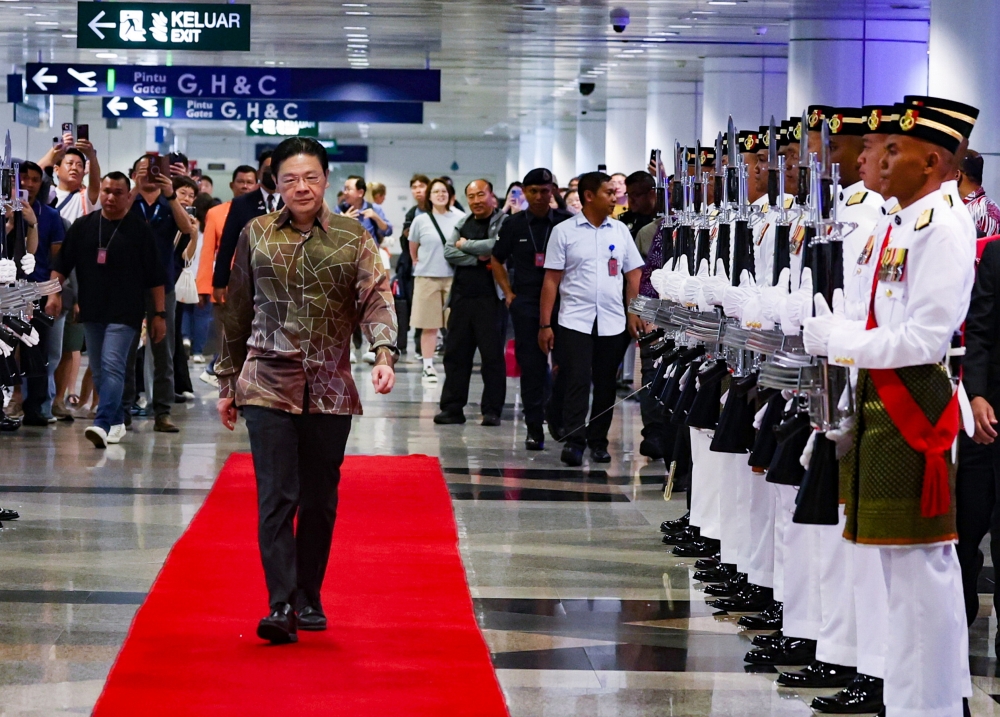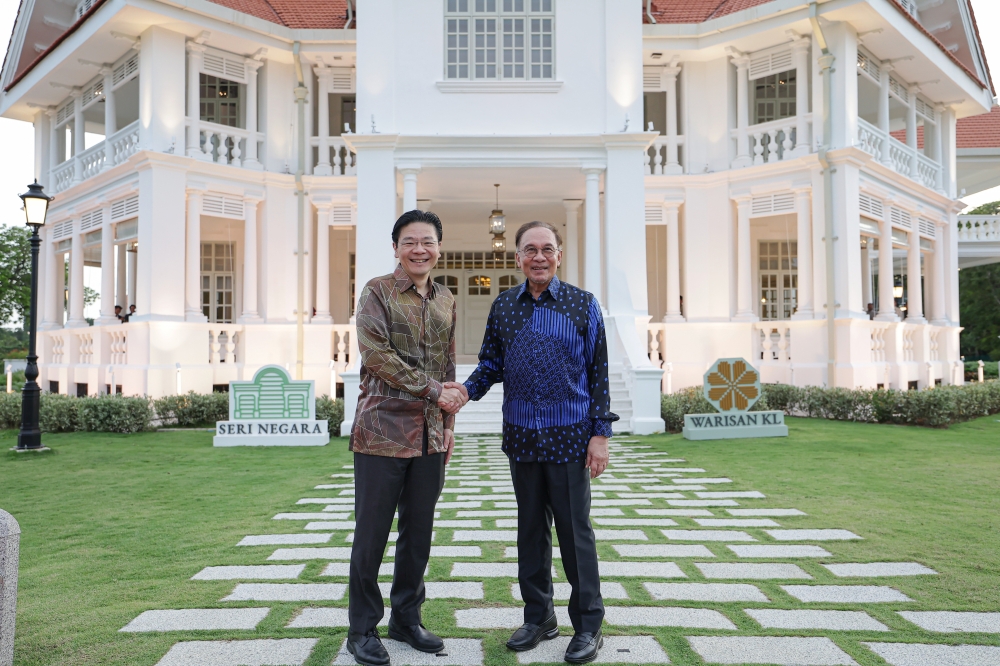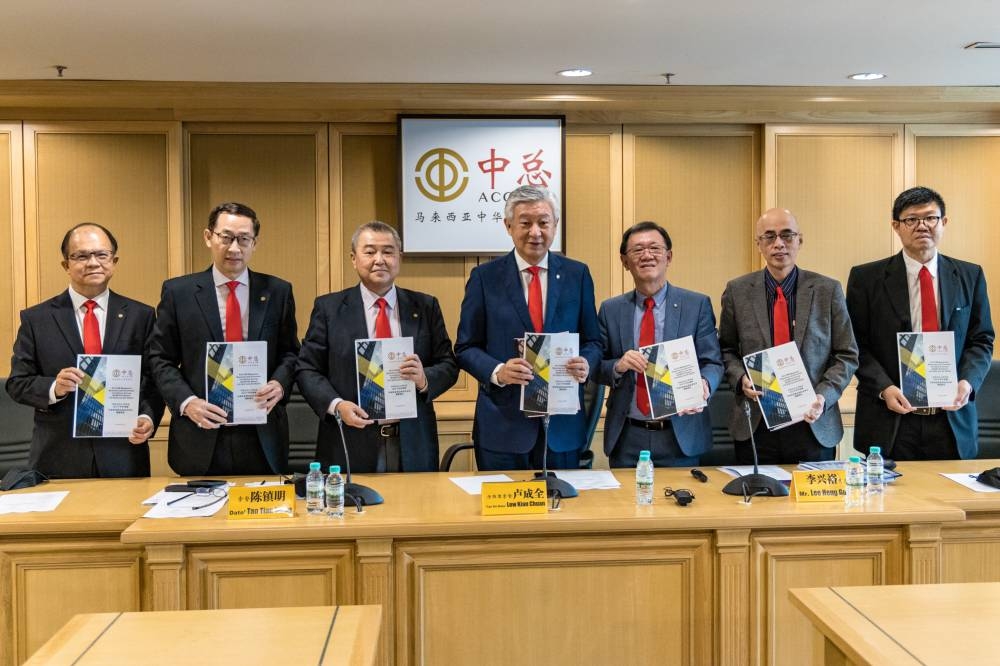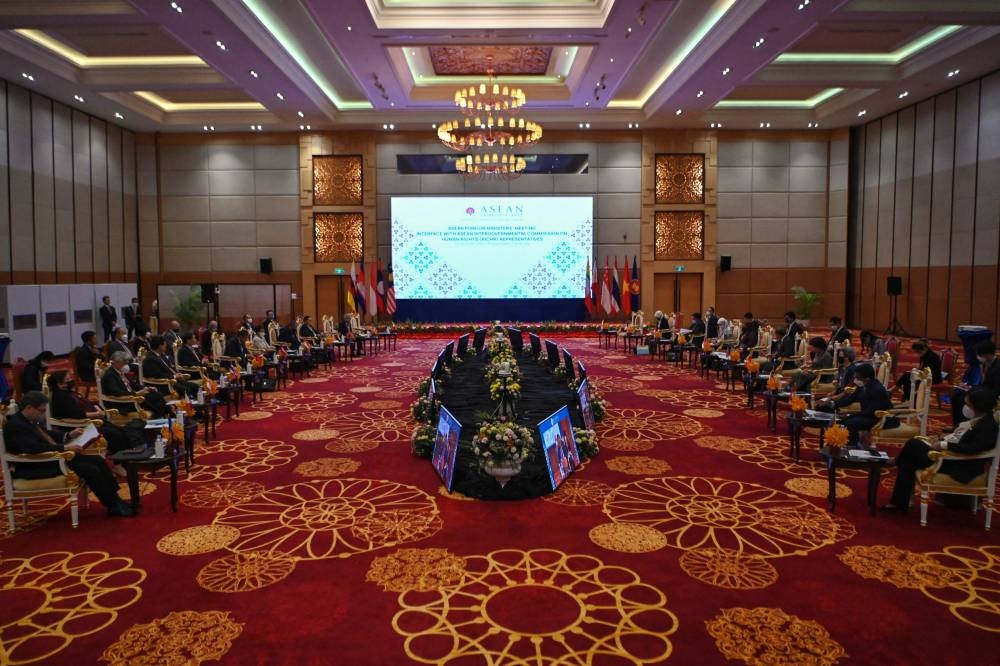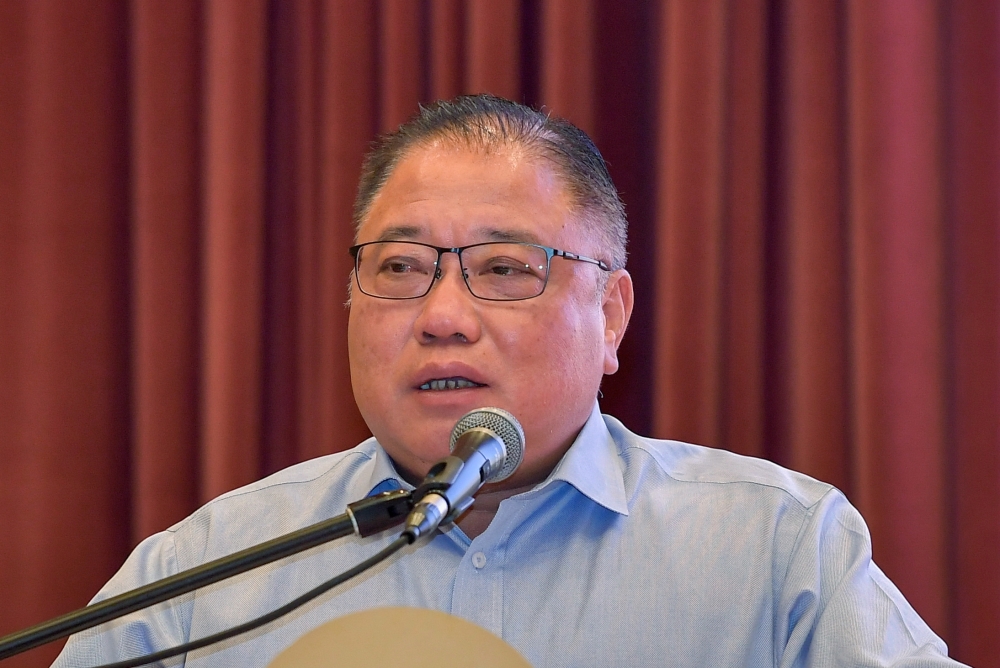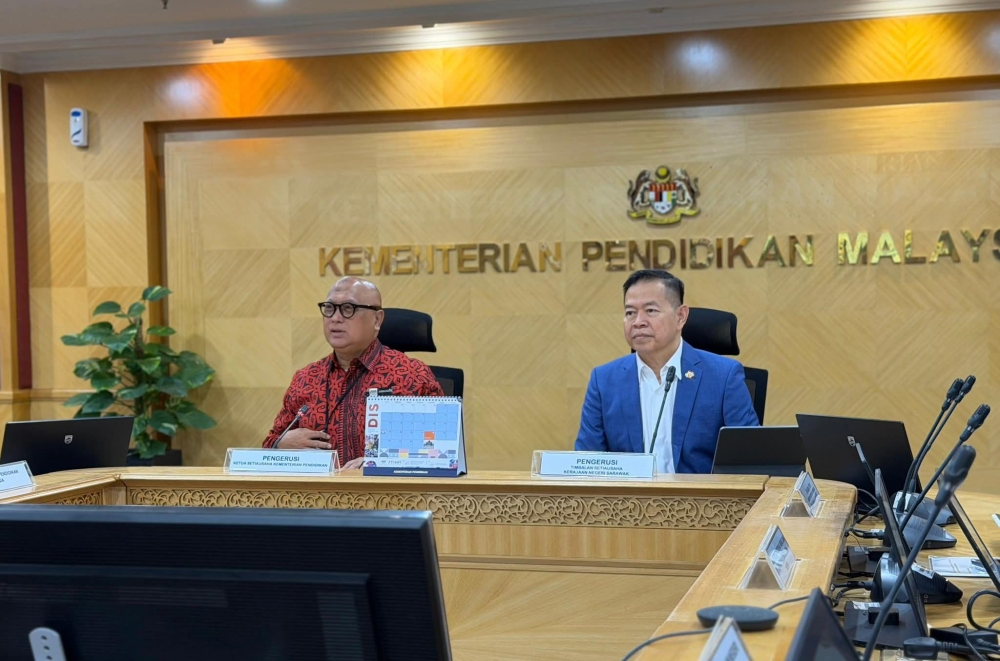KUALA LUMPUR, Aug 4 — The Associated Chinese Chambers of Commerce and Industry of Malaysia (ACCCIM) found in its Malaysia’s Business and Economic Conditions Survey (M-BECS) that economic recovery continues in 1H 2022, although this is seen unevenly among economic sectors.
The survey, conducted between April and June this year, found that expectations for 2H (second half) 2022 indicated that while economic recovery continues in 1H (first half) 2022 albeit unevenly among the sectors, the business community is generally taking a neutral view of both economic and business conditions, ACCCIM president Tan Sri Low Kian Chuan said.
“The survey findings also indicated that most respondents remain concerned both external headwinds and domestic issues will impact the pace of economic and business recovery in 2H 2022 and in 2023.
“Briefly, the external headwinds are the risks of global stagflation due to soaring consumer inflation and increased cost of raw materials, the war in Ukraine, rising recession risks in the global and US economy, as well as higher US interest rates,” Tan told reporters during a press briefing today.
With lingering concerns about both external and domestic headwinds still dominating, the survey found a high percentage (70.4 per cent) of total respondents were “neutral” about economic conditions in 1H 2022; while only 14.7 per cent indicated “better”.
The ACCCIM survey polled 860 respondents who are from various business sectors.
Present also at the briefing, ACCCIM Socio Economic Research Centre (SERC) executive director Lee Heng Guie said expectations have improved in 2H 2022, where 25 per cent of respondents expect “better” economic outlook amid “neutral” still high at 56.5 per cent.
“Overall, a majority of respondents (65 per cent) are neutral about the economic outlook in 2022; 20.5 per cent expect a ‘better’ economic outlook, and 14.5 per cent perceive a ‘worse’ outlook,” he said during the press briefing.
As for 2023, Lee said a high percentage of respondents (47.7 per cent) hold a “neutral” view of economic prospects while 39.8 per cent expect “better” prospects.
“It is encouraging that 69.5 per cent of respondents across most sectors reported that their sales have recovered or even been higher compared to pre-pandemic level (vs. 56.5 per cent surveyed previously).
“Moving into 2H 2022, a majority of them (respondents) are cautious about business, cash flows and debtors’ conditions,” he said, adding that an increase in the price of raw materials (61.6 per cent) remained as the top factor that impacted business performance in 1H 2022, followed by a shortage of workers (53.8 per cent); high operating cost and cash flow problems (43.5 per cent); the ringgit’s fluctuation (40 per cent); and shortage of raw materials (32.6 per cent).
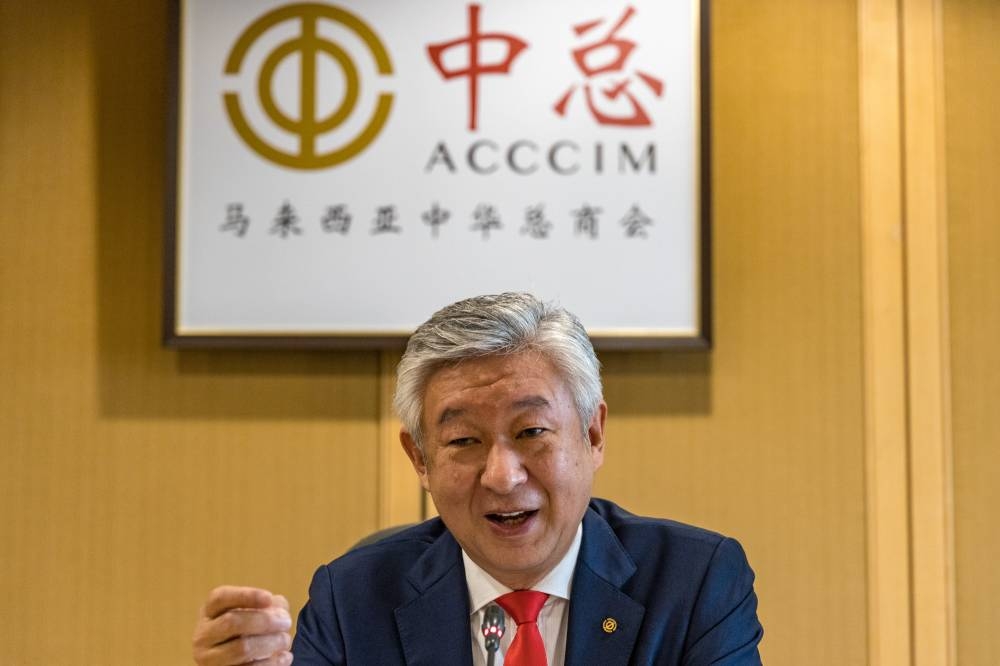
Moving towards IR 4.0
Among other highlights of the survey, with regards to the current stage of business development in Malaysia, Lee said most SME respondents are scattered among the growing stage and expansion stage, while many micro-sized respondents have positioned themselves at the start-up stage, with most large enterprises in the expansion stage.
“About 51 per cent of total respondents perceived that Malaysia’s manufacturing sector is in the Industrial Revolution 3.0 phase, 26.2 per cent are still at 2.0 phase, while 12.7 per cent at 4.0,” said Lee.
He explained that as IR4.0 is a big mover for Malaysia’s industrial transformation to achieve a high-income nation status; thus requires capital investment in advancing technological and digitalisation capabilities, an adequate supply of highly skilled and knowledge-based human capital and, more importantly, to enhance a conducive and competitive investment environment.
“ACCCIM suggests that the government subsidise the small-medium enterprises (SMEs) to install smart set-top boxes and link their equipment to the Internet, which could help firms move quickly towards smart management and production.
“The Malaysia Productivity Corporation (MPC) can consider establishing a division called technical service division, which serves as one-stop enterprise research and development (R&D) innovation services to provide assistance and technical advisory services to businesses.
“Support training on technology, R&D and innovation; establish innovation and technology centres/co-operation; promote and develop inter- firm clusters and networks,” he added.


